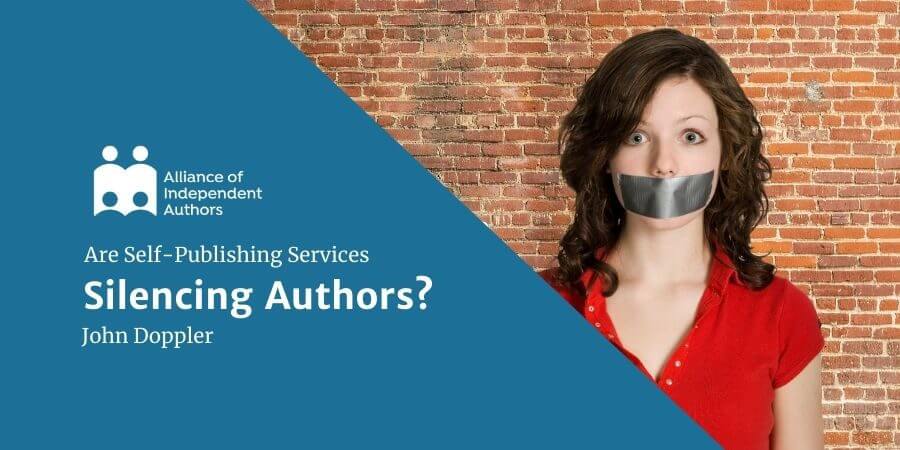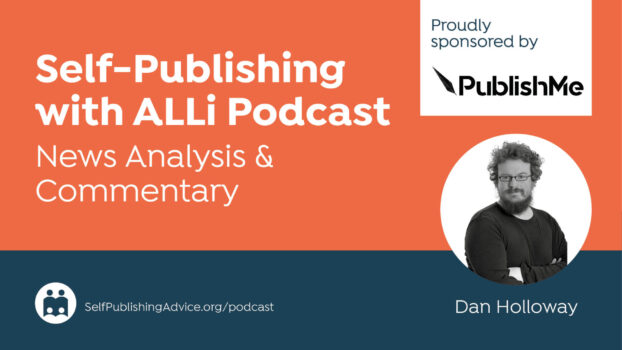A disturbing trend among publishers and distributors threatens to undermine accountability. Rather than embrace transparency, these service providers have inserted nondisclosure language into their terms of service that prohibit users from revealing the details of those agreements. Thus, when a company adopts an unethical policy or one that's adverse to authors, those authors risk having their accounts terminated — or even legal action — if they discuss the terms in public. Today, we're discussing whether self-publishing services are silencing authors with nondisclosure terms?

ALLi's Watchdog John Doppler
KDP's Terms and Conditions offer a particularly egregious example of this behavior. Their section on Confidentiality (publicly available here) includes a sweeping ban on disclosures, including information about your sales, information about the terms and conditions, any correspondence with the company. Worse, these prohibitions extend three years beyond the termination of the agreement, and explicitly prohibit discussing the terms and conditions with the media.
Like Amazon, Kobo Writing Life also bans the sharing of sales data, correspondence, or specifics of their terms and conditions.
Protecting Company Assets, or Dirty Secrets?
Companies defend the practice as protecting sensitive corporate data and assets, but a quick read of the agreements show that the focus is on shielding the company from media exposure, not protecting against disclosure of secrets. And it's no coincidence that the items subject to that nondisclosure agreement — royalties and sales figures, correspondence, and the terms and conditions — are the elements most likely to be cited in complaints against the company. Deceitful or inaccurate accounting; suppression of customer, employee, and seller complaints; and onerous contract terms are all protected by these clauses.
Nondisclosure Clauses Weaponize Terms and Conditions
We recently warned authors about the collapse of Waldorf Publishing, who initially refused to honor the terms of their contracts unless authors consented to additional terms, including a clause that allowed the publisher to seize the copyright of authors deemed to be “slandering” Waldorf. While this is an extreme (and extremely inept) example, it demonstrates how restrictions on speech can be weaponized against authors. An author posting a complaint or showing proof of a company's misdeeds could be accused of breach of contract. That opens the author to penalties ranging from termination of their account, to forfeiture of money owed them, or even litigation (and the potentially crippling legal fees associated with it).
Smaller companies have already adopted these tactics, launching lawsuits against Yelp reviewers who post less-than-glowing reviews of businesses. But when non-disclosure clauses are woven into the terms and conditions of a publisher or distributor, litigation isn't needed. The very existence of those clauses in their terms and conditions is a chilling and implicit threat to authors: Blow the whistle on our unethical practices, and your livelihood could suffer.
When companies attempt to preemptively muzzle their clients, that demonstrates a troubling lack of transparency. It suggests that the company has dirty laundry it really doesn't want aired in public. And that should serve as a mile-high warning to prospective clients.





Is there anything that can be done about it? Or will indies who want to sell their books always be at the mercy of unscrupulous companies?
Great work, John, thank you for drawing attention to these unethical practices.
So glad you’re keeping an eye on the wolves for us.
Mike
Good to know, John. Thank you for all you do in the independent author community.